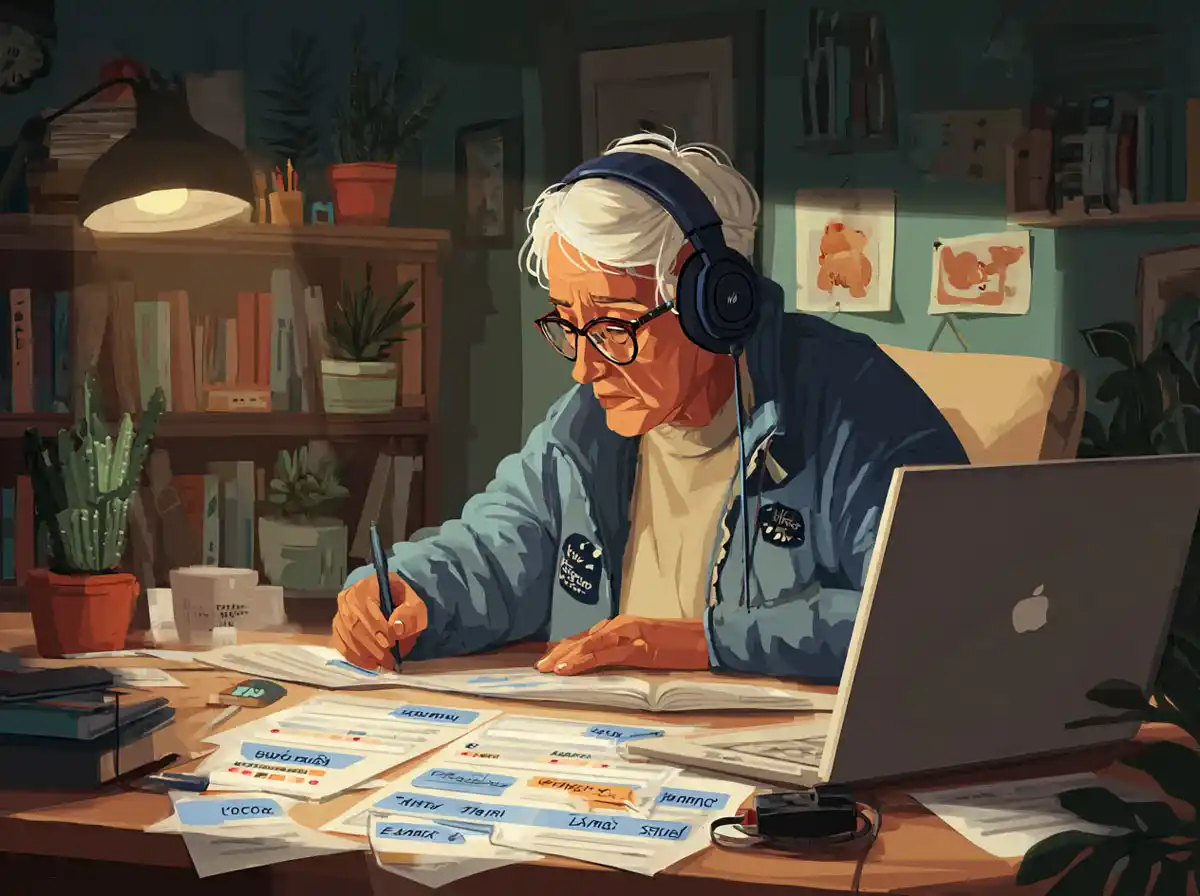Exercise 01: Verb Endings (Conjugations)
2. Yesterday, she *cozinhou* (cooked) dinner.
3. Next week, we *viajaremos* (will travel) to Lisbon.
4. The dog *comeu* (ate) the cake.
5. Pedro *leu* (read) a book this morning.
6. If I *tivesse* (had) time, I would study more.
7. They *esperam* (wait) for the bus every day.
8. My friend *morava* (used to live) in Brazil.
9. He *quer* (wants) to buy a new car.
10. Maria *andou* (walked) in the park last week.
11. The students *estudam* (study) in the library.
12. I *amo* (love) learning Portuguese.
13. She *assistirá* (will watch) the movie tonight.
14. We *conversamos* (talked) about the trip yesterday.
15. If it *chover* (rains), we will stay home.
Exercise 02: Adjective and Noun Endings (Gender and Number)
2. Carol has four *cachorros* (dogs) at home.
3. These *novos* (new) shoes are mine.
4. Maria has a nice *jardim* (garden) in her backyard.
5. Police officers wear *uniformes* (uniforms) to work.
6. *Vermelhas* (red) roses are her favorite flowers.
7. The *francês* (French) language is very interesting.
8. Sofia’s *amigas* (friends) are from different countries.
9. Yesterday, I saw a group of *musicais* (musical) instruments at the store.
10. We bought a *pequeno* (small) house in the countryside.
11. He found an *antigo* (ancient) coin in the forest.
12. Tom enjoys reading historical *livros* (books).
13. We visited a beautiful *igreja* (church) during our trip.
14. The soccer *jogadores* (players) celebrated their victory.
15. She likes wearing *coloridas* (colorful) dresses.










